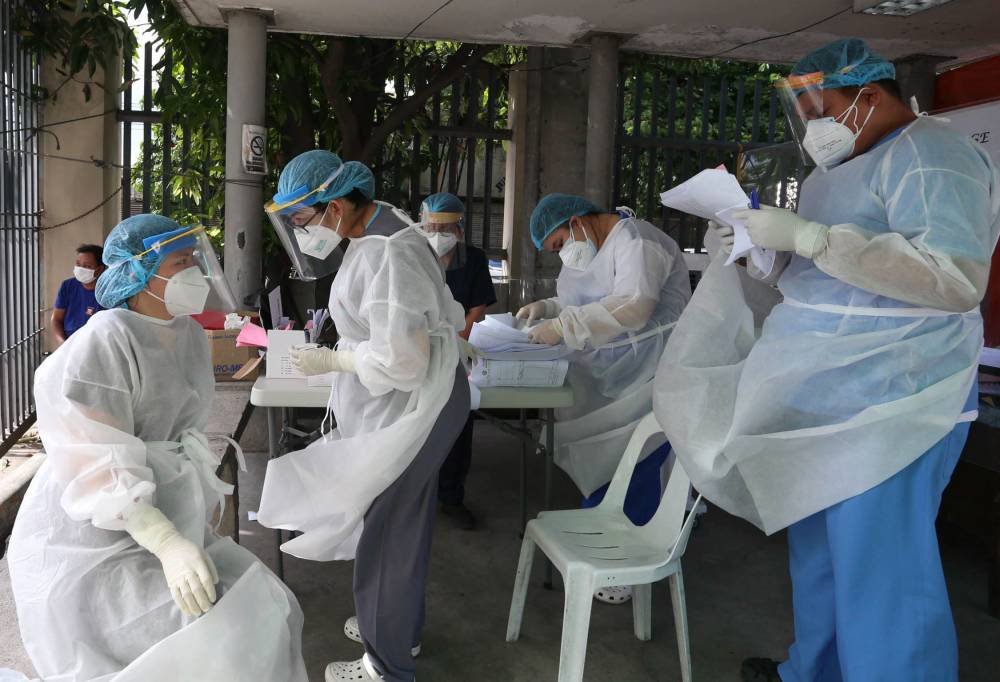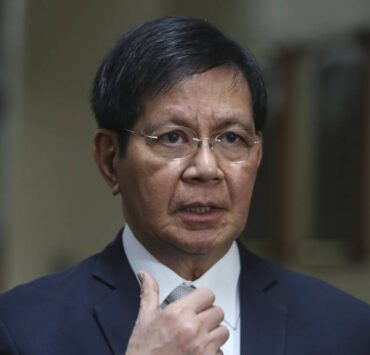House bill makes higher pay, added benefits mandatory for health workers during pandemics

A bill filed by Manila Rep. Bienvenido Abante Jr. will make it mandatory for health-care workers to receive higher minimum wages and additional benefits and allowances during pandemics, epidemics and other public health emergencies as compensation for their hard work and dedication.
In filing House Bill No. 11023 or the proposed Healthcare Workers Act, Abante said that “healthy, dedicated and efficient health-care workers or providers mean healthy people and a healthy nation, the people being the most important asset of a nation.”
“We cannot put a price tag on the sacrifices and dedication of our selfless health-care workers or providers which they have for a long time exhibited,” he added, saying that this was proven at the height of the COVID-19 pandemic.
“This bill, therefore, seeks to recognize and compensate the hard work and the critical and sacrificial role, and invaluable kindness of our health-care workers or providers in providing quality and prompt health-care services,” he said.
P250 rate hike
The bill, which covers both private and public medical front-liners assigned to health facilities and establishments, sets a P250 increase in their daily rate upon its effectivity.
In case of a public health emergency, they will also be given health emergency allowances (HEA) “for every month of service during the state of emergency based on the risk exposure categorization as may be determined and defined by the Department of Health (DOH).”
The HEA for those deployed to low-risk areas will be set at P2,000, P3,500 for those in medium-risk areas and P5,500 for those in high-risk areas.
“Where a wage distortion occurs as a result of the increase in the minimum wage under this Act, the employer and the union, or the employer and the workers in the absence of a union, shall negotiate to correct the distortion,” the bill states.
It also tasks the DOH to set up a grievance mechanism for the investigation, adjudication and settlement of complaints regarding noncompliance with benefits under the bill.
The Department of Labor and Employment, on the other hand, should “conduct an inspection of payroll and other financial records kept by private health facilities to determine whether these health-care workers or providers are paid the prescribed minimum wage increase and/or allowances provided in this act and other benefits granted by law.”

















